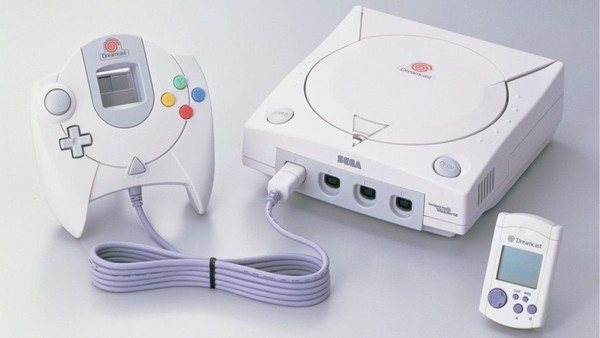The Rise And Fall (And Rise Again) Of Sega
A Dream Come True

In the end, though, money talks, and Sega took the decision to bow out of the home console market altogether, putting an end to almost twenty years' worth of fantastic systems, and creating a gap which Microsoft's Xbox was more than willing to fill.
With the focus turned irrevocably away from hardware, Sega's mission was now to concentrate on the development of software in a second and third-party capacity. This strategy, to their credit, worked out very well, with Sega going on to develop and publish games for virtually all platforms in the years which followed the demise of their own systems. Indeed, titles and franchises like Bayonetta, Panzer Dragoon, Yakuza, and - of course - Aliens: Colonial marines all bear the Sega stamp and are very much alive and well today.
(Maybe not Colonial Marines...).
In a move which would have blown the minds of gamers in the nineties, Sega even went as far as to allow their erstwhile mortal enemy - Nintendo - access to their blue, spikey figurehead, with Sonic and friends appearing in the likes of the Super Smash Bros. and Mario & Sonic at the Olympics franchises - a seemingly shocking decision, but one which makes absolute sense.
But what of the future? Good question, random internet person...
Sega is in a good place right now, and are widely expected to go from strength to strength as we roll inexorably forward through the '20s.
Recent years have seen Sega dust off and re-introduce much of their amazing back catalogue to a new generation of gamers, whilst simultaneously tugging at the nostalgia strings of older players. From the Sega Mega Drive Classics collections hitting current-gen systems (or selling individually via the Switch e-shop), to the Mega Drive Mini so successfully riding the 'mini console' wave kicked up by Nintendo, Sega have realised the value of the treasure they sit so comfortably atop.